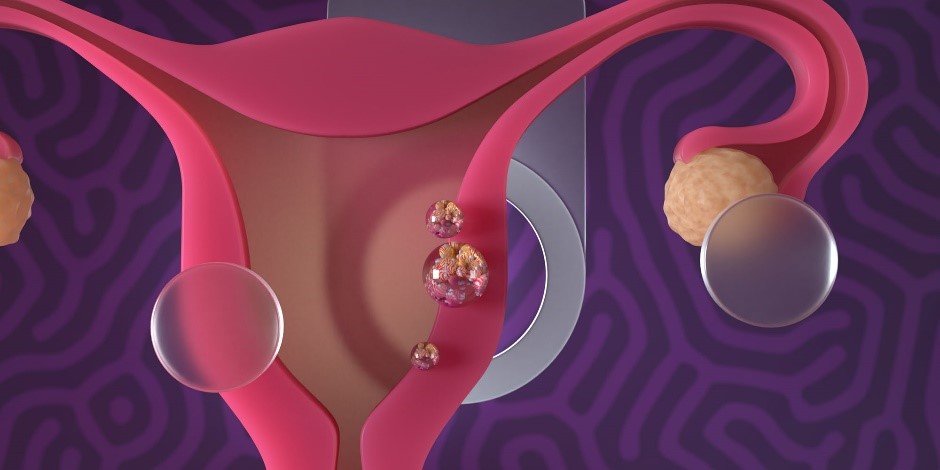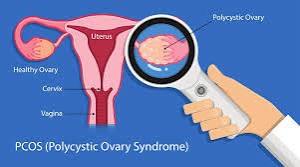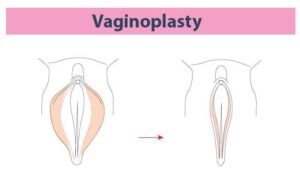The lining of the uterus is called the endometrium.
The endometrium is the most common cancer of the female reproductive organs.
Cancer of the endometrium differs from cancer of the connective tissue or muscle of the uterus, which is called uterine sarcoma. About 80 percent of all endometrial cancers are adenocarcinomas. This means the cancer occurs in the cells that develop the glands in the endometrium. Endometrial cancer is highly curable when found early.
Uterine carcinosarcoma is a scarce type of uterine cancer, with characteristics of both endometrial cancer and uterine sarcoma. It is also known as a malignant mixed mesodermal tumor.
The exact cause of endometrial cancer is not known. However, doctors believe that avoiding the known risk factors, using oral contraceptives or other forms of hormonal birth control, controlling obesity, and controlling diabetes are the best ways to lower the risk of developing endometrial cancer. Contact for the Best endometrial cancer treatment in Bangalore, Whitefield.
Endometrial Cancer Causes
The following factors may increase a woman’s risk of developing endometrial cancer:
- Obesity
- A diet high in animal fat
- Family history of endometrial, ovarian, and colon cancers (hereditary nonpolyposis colorectal cancer)
- Starting monthly periods before age 12
- Late menopause
- Infertility (inability to become pregnant)
- Never having children
- Being treated with tamoxifen for breast cancer
- Hormonal imbalance — having too much estrogen and not enough progesterone in the body
- Estrogen replacement therapy for the treatment of effects of menopause
- Diabetes
- History of breast cancer
- History of ovarian cancer
- Prior radiation therapy for pelvic cancer
- History of polycystic ovary syndrome or atypical endometrial hyperplasia
Endometrial Cancer Symptoms
Consult a doctor if you experience any/all of the following symptoms:
- Bleeding or discharge unrelated to your periods (menstruation) — over 90 percent of women diagnosed with endometrial cancer have abnormal vaginal bleeding.
- Postmenopausal bleeding
- Difficult or painful urination
- Pain during intercourse
- Pain and mass in the pelvic area
The choice of treatment depends on the cancer stage — whether it is only in the endometrium or if it has spread to other parts of the uterus or body. Most people will be treated with surgery first. Some may need additional therapy.
If you’ve been diagnosed with endometrial cancer, Dont Hesitate to discuss your treatment options. It’s essential to weigh the benefits of each treatment option against the possible risks and side effects.
Contact Dr. Aneeta Talwar | Best endometrial cancer treatment in Bangalore, Whitefield. She gives you more information and helps you feel more sure about your chosen treatment plan.






